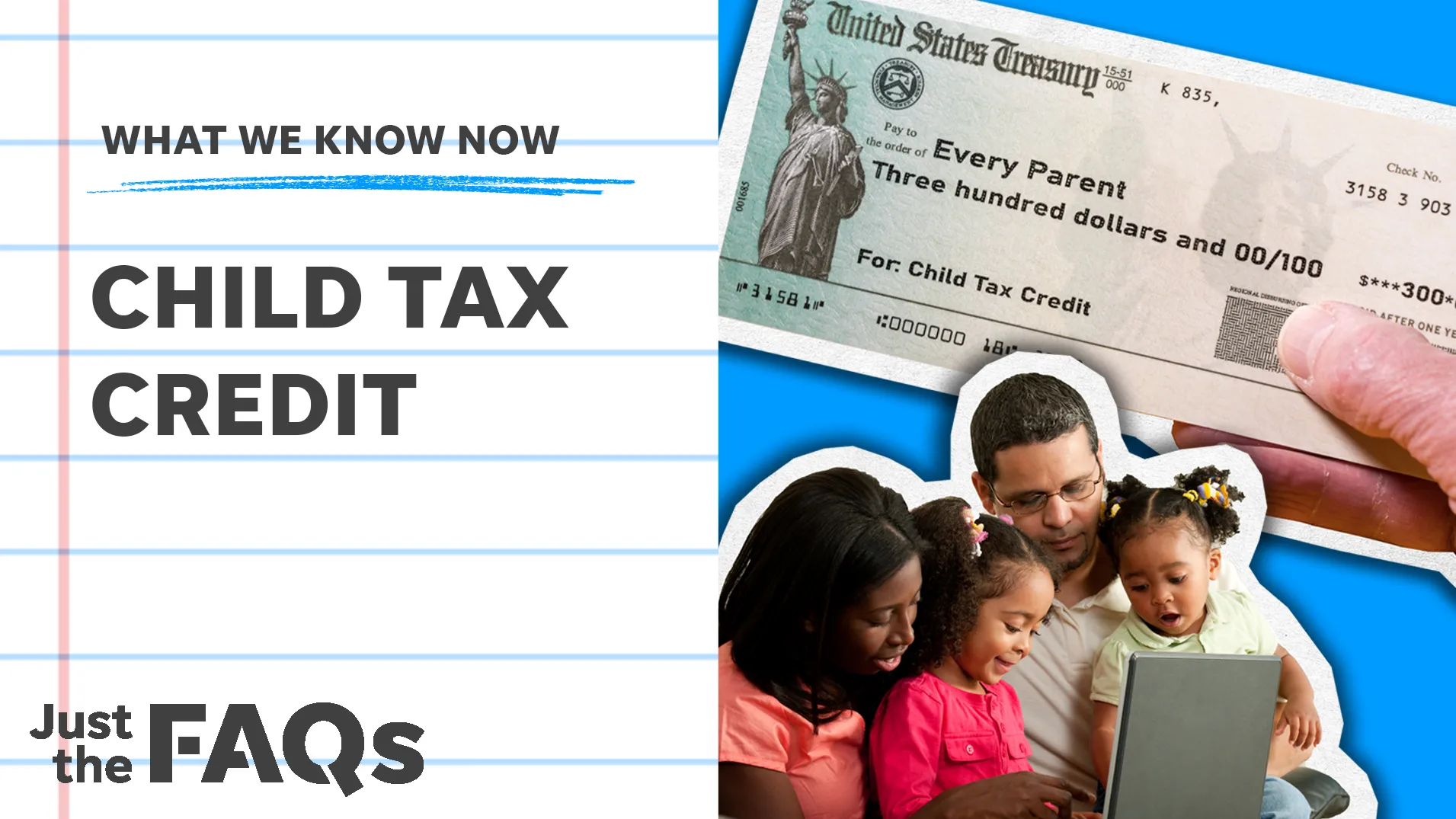The Child Tax Credit (CTC), which provides assistance to taxpayers with kids who are dependent, is a vital source of financial help for households around the country.
For individuals preparing their tax plans this year, understanding the qualifying conditions becomes crucial given the continuous talks about possible credit expansions.
In the middle of the Tax Relief for American Individuals and Workers Act of 2024 political debate, taxpayers can be left feeling uneasy about their tax returns.
In spite of the conjecture over possible changes to the benefit, the IRS recommends taxpayers to submit their taxes as soon as possible.

Commissioner of the Internal Revenue Service Danny Werfel highlights that “taxpayers must not wait for the new law to submit their returns.”
In 2024, the child tax credit:
Taxpayers wishing to use the Child Tax Credit in 2024 must comprehend every aspect of the qualifying requirements.
The credit offers a combination of refundable and nonrefundable elements in both its present form and any future modifications that may be made.
Even while the benefit can significantly lower tax liabilities on a dollar-for-dollar basis, other sections enable partial refunds via the Additional Child Tax Credit (ACTC).
So, in 2024, who will be eligible for the Child Tax Credit? Let’s examine the main conditions for eligibility:
Relationship and Age:
To begin with, children that qualify should be considered younger than 17 at the end of the previous tax year.
In addition, one of the most important factors is the taxpayer-child relationship, which includes both biological and adoptive partnerships.
Dependency and Place of Residence:
With very few exceptions, the kid must have lived with the taxpayers for a minimum of half of the tax year in order for them to be eligible to file the child as a dependent.
Financial assistance and citizenship:
It is essential to have supported the child financially for at least half of the previous year.
The child must also have a valid Social Security number and be a citizen, national, or resident alien of the United States.




